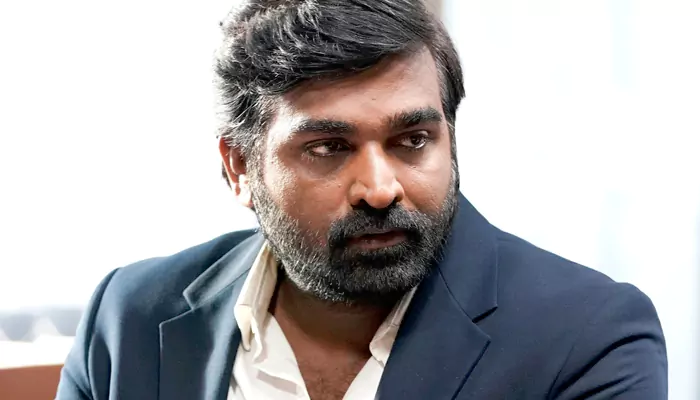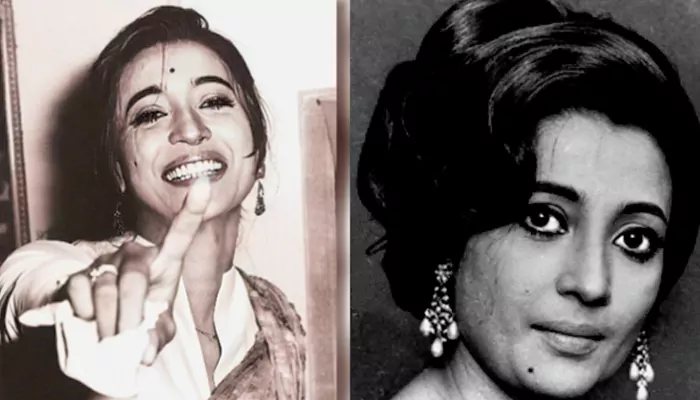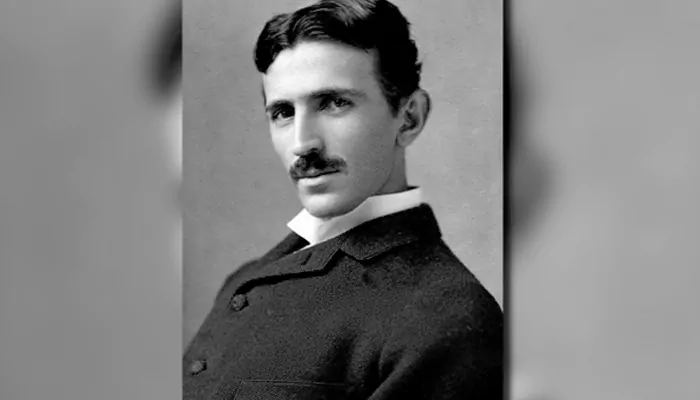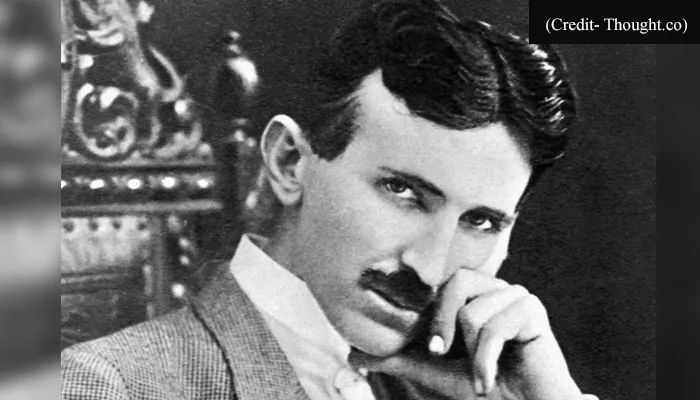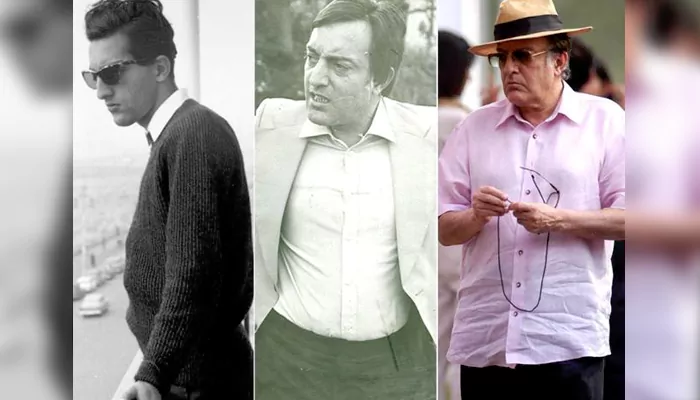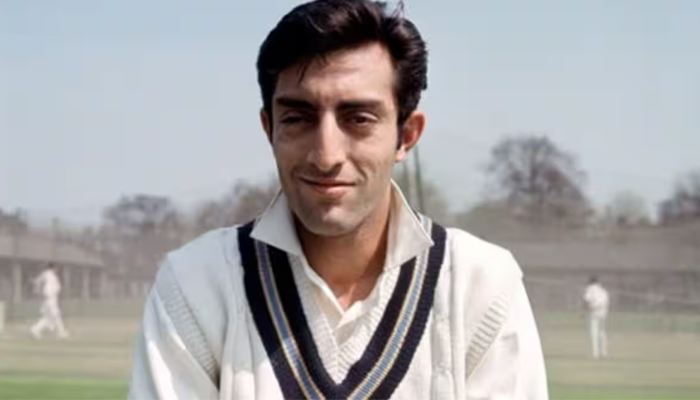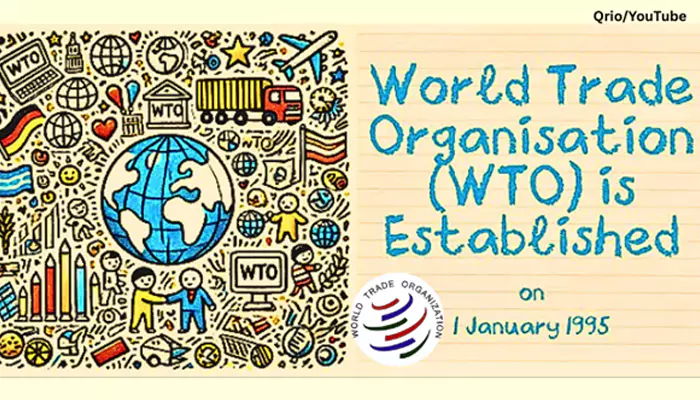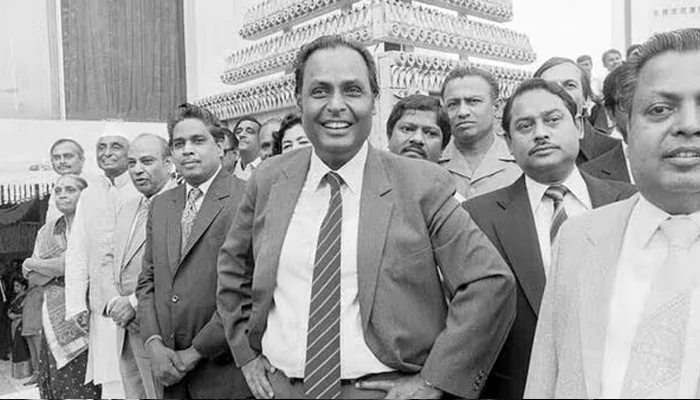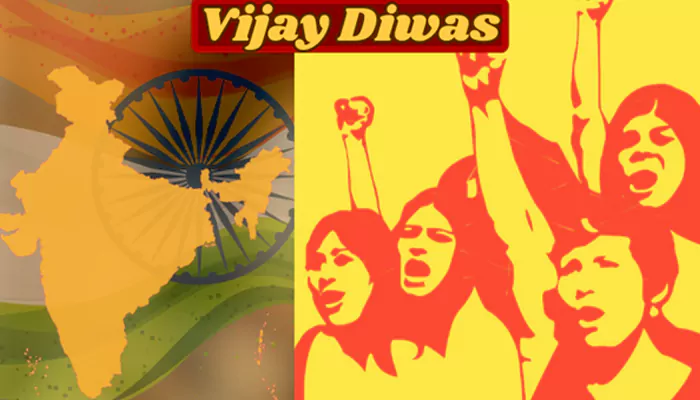On This Day - Raja Ram Mohan Roy's Death Anniversary: The Father Of Modern Indian Society
- Admin
- 2 years ago
- 3 minutes read

Roy was ranked number 10 in BBC's poll of the "Greatest Bengali of All Time" in 2004.
“Roy was unquestionably the first person on the subcontinent to seriously engage with the challenges posed by modernity to traditional social structures and ways of being. He was also one of the first Indians whose thought and practice were not circumscribed by the constraints of kin, caste, and religion.” - wrote historian Ramachandra Guha in the book 'Makers of Modern India'.
Raja Ram Mohan Roy is rightfully regarded as one of the most influential figures in India's modern history. The precursor of the Brahmo Samaj (a social-religious reform movement in the Indian subcontinent), Roy challenged the traditional practices of Indian society and introduced several reforms. He had a significant influence in the fields of politics, religion, education, and more.
(Credit: mitraniket)
Known as "The Father Of Modern Indian Society", Roy breathed his last on the 27th of September back in 1833. To mark his death anniversary, let's learn about some of his contributions that are still apparent today.
How Raja Ram Mohan Roy Shaped The Indian Society
Raja Ram Mohan Roy founded the Brahmo Samaj on August 20, 1828, to oppose all the evil practices in Indian society. Through this organization, he stood up against the practices of Sati, child marriage, caste system, untouchability, and superstitions. It was his hard work that led to Lord William Bentinck (the then governor of the Bengal Presidency) banning the practice of Sati on December 4, 1829.
Roy emphasized the importance of education and played an instrumental role in bringing Western learning to India. He established several educational institutions in India, several of which are still renowned today. He was instrumental in the foundation of the Hindu College in Calcutta in 1817, the Vedanta College in 1826, and the Scottish Church College in 1830. On the other hand, he was the editor of the Bengali newspaper “Sambad Kaumudi” (1821) and the Persian newspaper “Mirat-Ul-Akbar”.
Roy promoted the pure ethical Vedanta School of philosophy in Bengal. He emphasized the education of Mathematics, Geography, and Latin to make Indians stand on par with the Western world.
He brought various reforms to religious practices as well. In his book Tuhfat-ul- Muwahhidin’, he talked about the concept of monotheism (the concept of a single God) in detail. He said, "The God is one. He has no end. He exists in all the living things on the Earth."
"The present system of Hindus is not well calculated to promote their political interests. It is necessary that some change should take place in their religion at least for the sake of political advantage and social comfort.” - said Roy in one of his speeches.
Although Roy did not take part in the Indian Independence Movement, he helped induce a sense of nationalism among Indians. He strongly opposed the racial superiority of the British and fought for the basic civilian rights of Indians.
Well, Raja Ram Mohan Roy's legacy is and will already remain untouched. As Rabindranath Tagore wrote, "Raja Ram Mohan Roy inaugurated the modern age in India. He was the father of the Indian Renaissance and the prophet of Indian nationalism." According to Jawaharlal Nehru, India's first Prime Minister, "He (Roy) was more than a scholar and investigator, he was a reformer above all."

